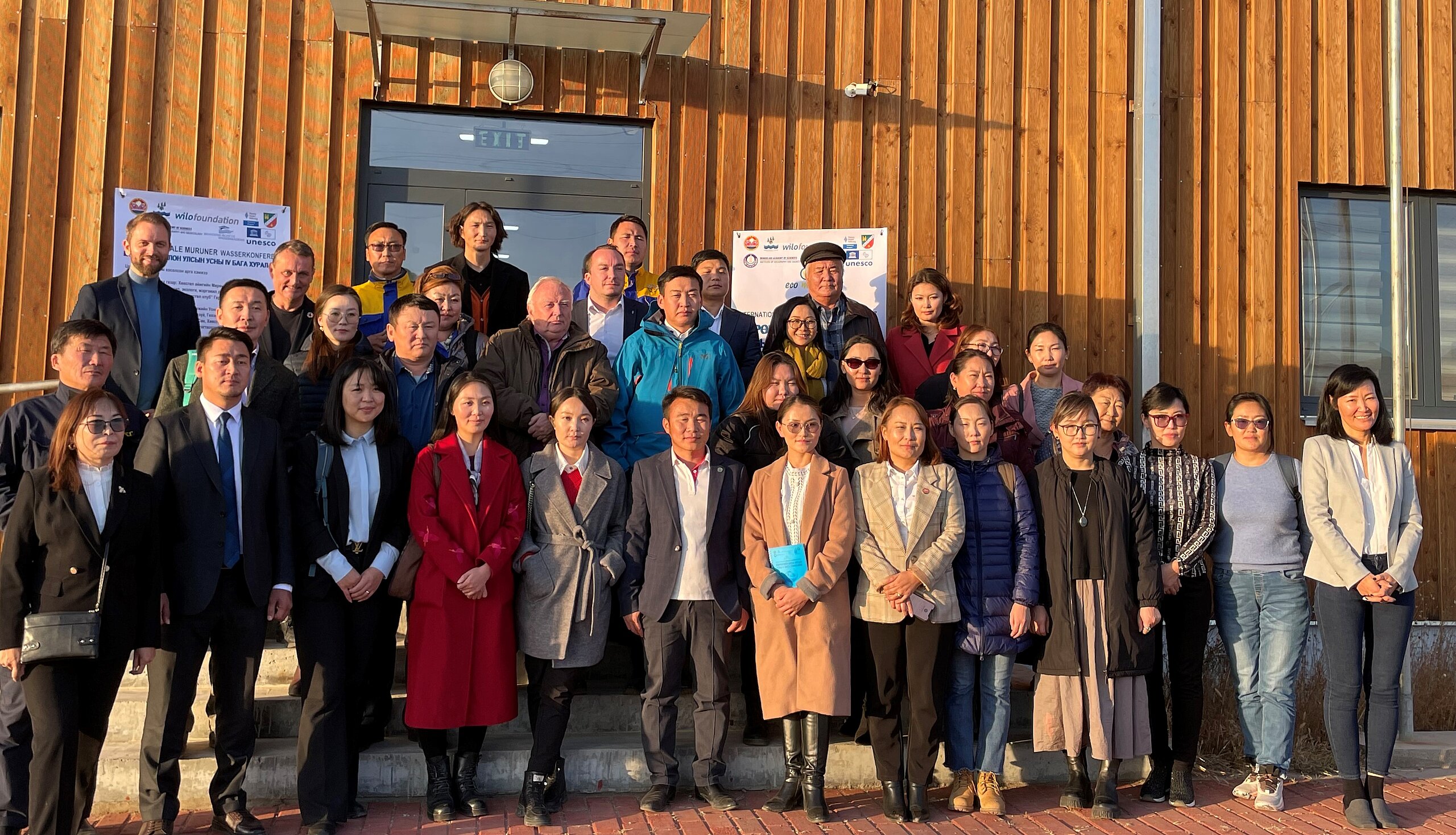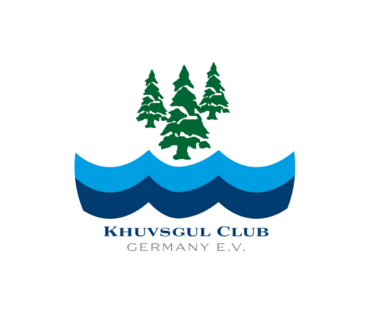Mongolia has a population of only 3 million people – yet the country is almost five times bigger than Germany. But even there, in the world’s most sparsely populated country, the pressing issues of climate change and environmental protection have long become topics of vital importance for humans and nature. In 2018, a water conference was launched in the city of Murun. It brings together international speakers and delegates and is organised and implemented by the association Khuvsgul Club Germany.
During the two-day conference, which was being sponsored by the Wilo-Foundation for three consecutive years, scientists and experts, including the president of the Brandenburg Academy of Water, representatives of municipalities and practitioners from the field, discussed various issues, such as the protection of Lake Khövsgöl, one of Mongolia’s important freshwater reserves. Most recently, the conference was also attended by non-governmental organisations (NGOs) that presented projects and solutions developed by and with members of civil society, for instance solutions for dealing with plastic waste and the increasing pollution of Lake Khuvsgul.
The lake, a freshwater reservoir located in the northwestern part of Mongolia, is the second biggest drinking water reservoir in Central Asia and the biggest in Mongolia. Combined, and including its rivers, Lake Khuvskul and the downstream Lake Baikal, make up more than a fifth of the global freshwater reserves. Lake Khuvskul is traditionally considered a sacred place in Mongolia, a very dry country where most lakes are salt water lakes.
Photo Header: Khuvsgul Club Germany e.V., Baruth/Mark

